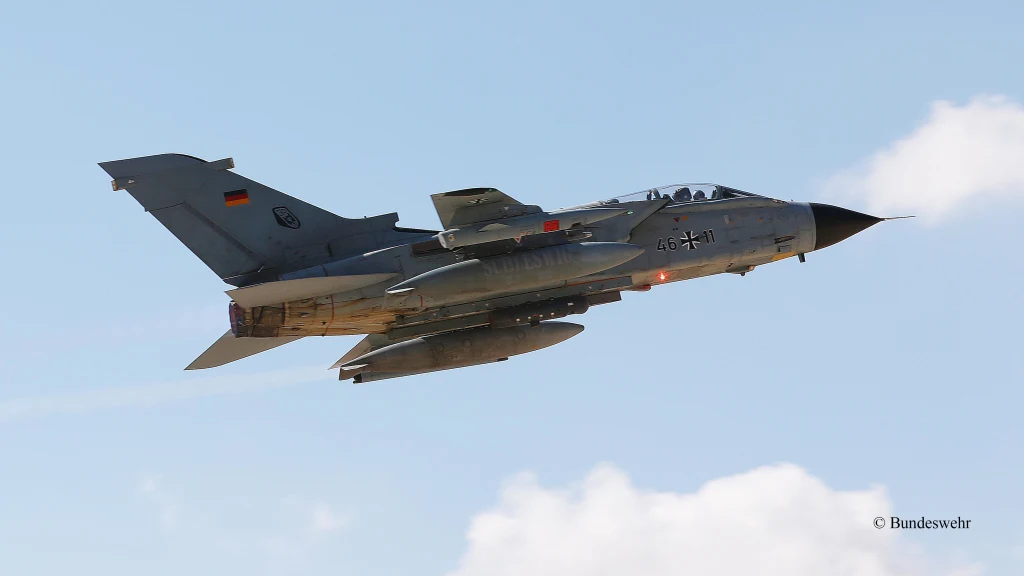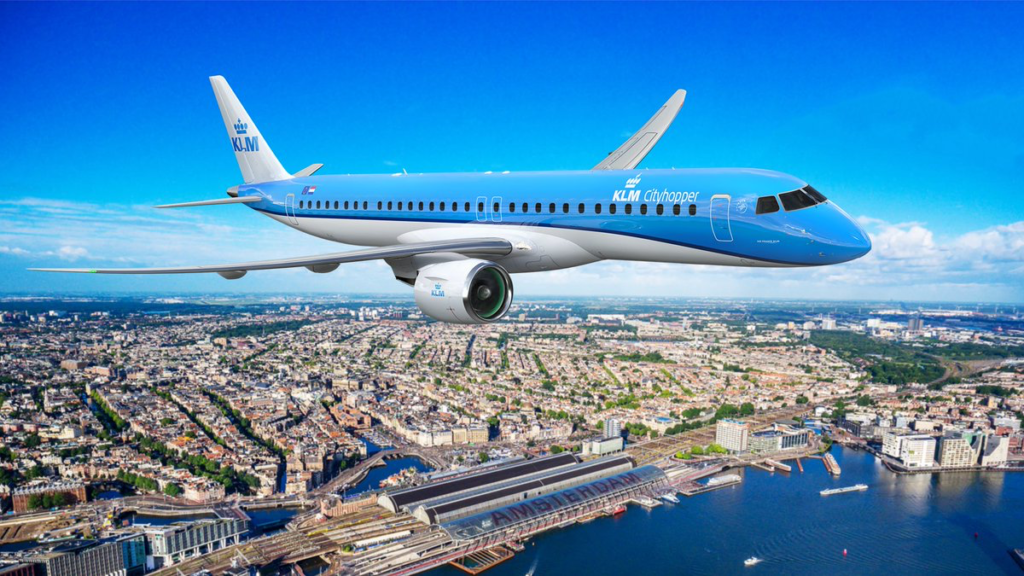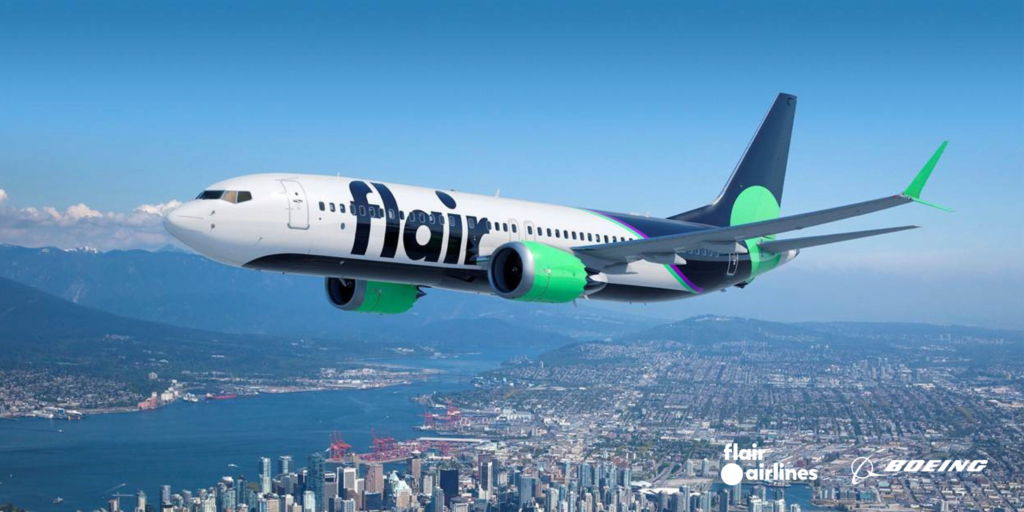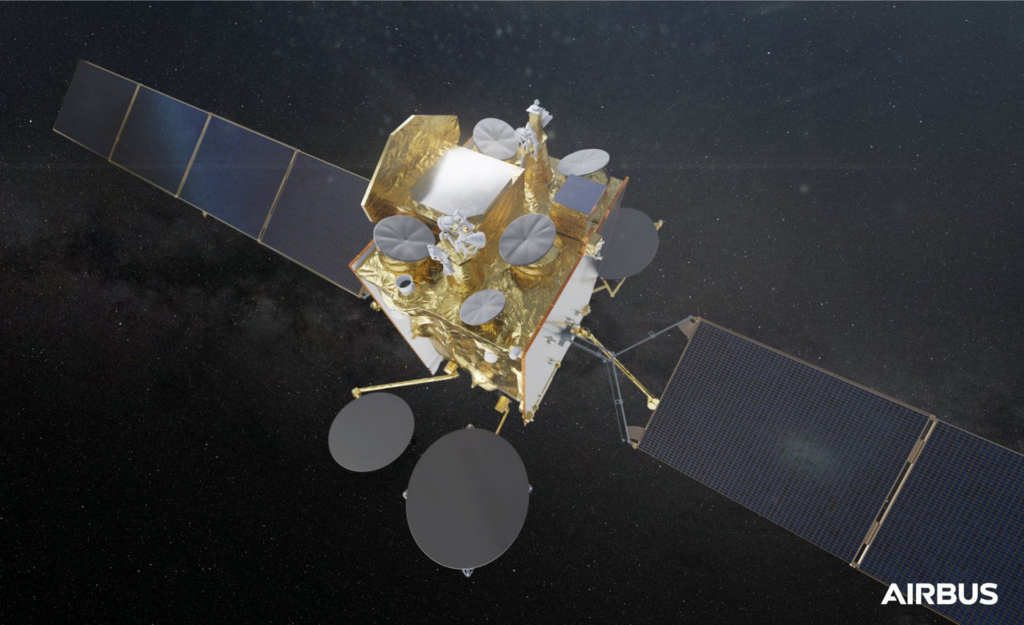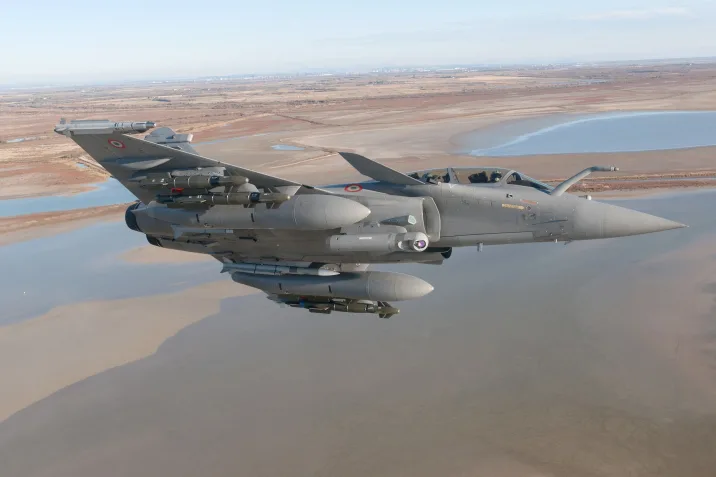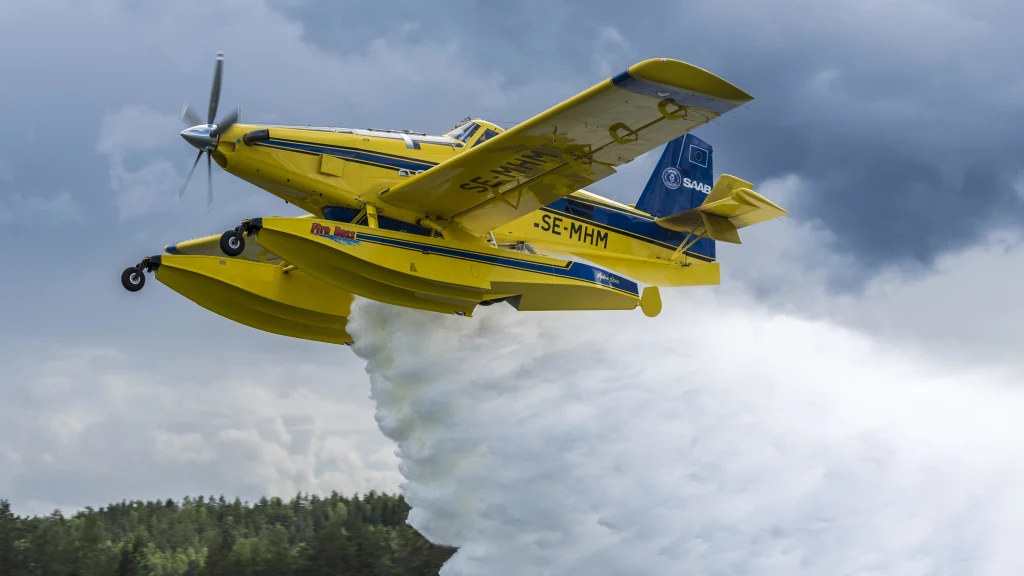Germany Signs Up for Five Boeing P-8A Poseidon Aircraft
BERLIN, Germany June 30, 2021 — The German Ministry of Defense today signed a letter of offer and acceptance for five Boeing (NYSE: BA) P-8A Poseidon aircraft under the U.S. government’s Foreign Military Sales (FMS) process.…

